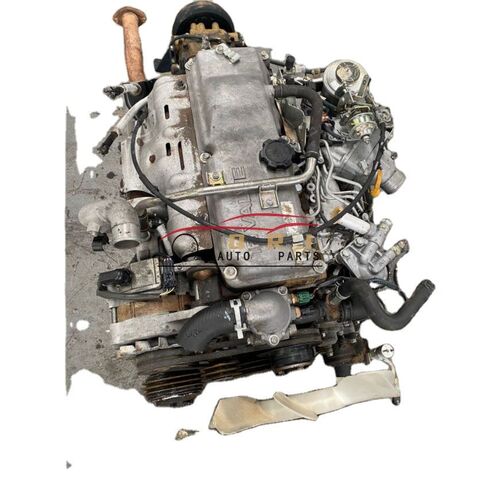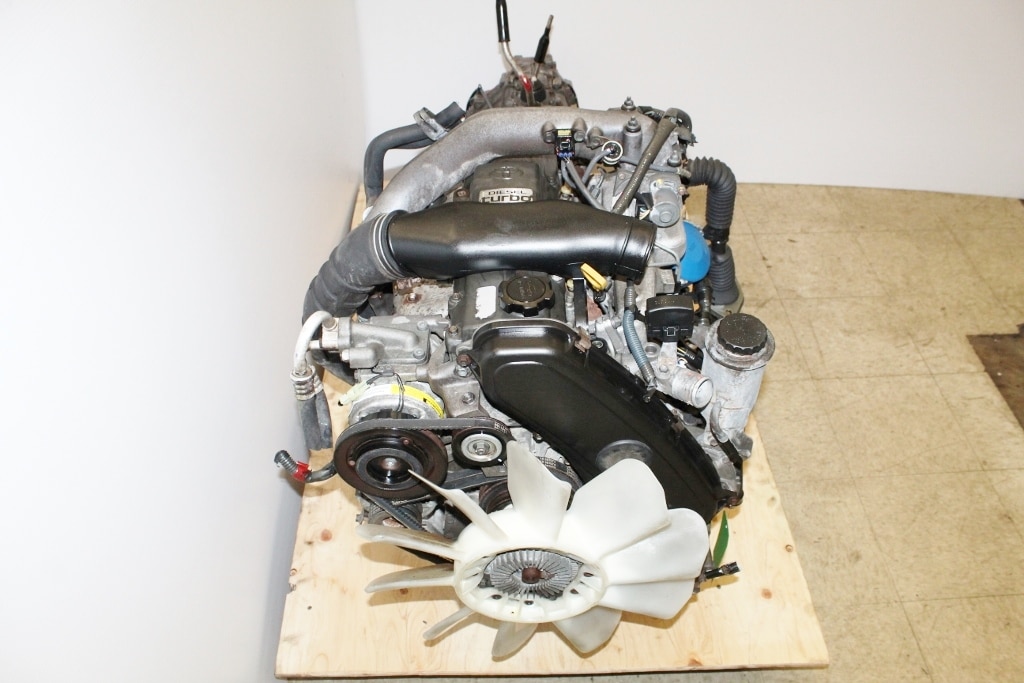Why the Toyota RunX RSI Stands Apart Among Compact Cars
Why the Toyota RunX RSI Stands Apart Among Compact Cars
Blog Article
Explore Quality and Value: Your Guide to Acquiring a Second Hand Engine
When taking into consideration the purchase of a used engine, recognizing the complex equilibrium in between high quality and value is paramount. A comprehensive analysis of engine history, condition, and integrity is crucial to make sure a sound financial investment.
Recognizing Engine Types
When thinking about the acquisition of a pre-owned engine, understanding of the various engine kinds is crucial for making an informed decision. Engines can generally be categorized into 2 major kinds: internal combustion engines and electrical engines.
On the various other hand, electric engines use electricity saved in batteries to power the automobile, supplying a cleaner alternative with fewer relocating parts and minimized upkeep requirements. Within these groups, there are further differences, such as two-stroke versus four-stroke inner combustion engines, and different electric motor setups.
Comprehending these differences is important, as they impact performance, compatibility with existing vehicle systems, and long-term operational expenses. By familiarizing oneself with the numerous sorts of engines available, possible customers can much better examine their needs and make options that straighten with their car's demands and their personal preferences.

Evaluating Engine Condition
An extensive examination of engine condition is paramount for any individual thinking about the purchase of a used engine. Begin with a visual examination; check for indicators of oil leakages, rust, or any type of physical damages to the engine block. A tidy engine is commonly indicative of great maintenance practices, while too much grime may recommend disregard.
Following, assess the engine's parts, consisting of the timing belt, gaskets, and seals. Try to find damage, as these components can be expensive to replace. Furthermore, examine the engine places, as damaged installs may bring about resonances and more mechanical concerns.
A compression test is essential to determine internal engine wellness. Uniform compression across all cylinders shows a well-kept engine, whereas substantial disparities might indicate interior damage or wear.
Paying attention to the engine during a startup can give important understandings; any kind of uncommon noises, such as knocking or rattling, might recommend much deeper issues. If possible, demand a test run to review efficiency under load. By diligently examining these aspects, prospective purchasers can make educated choices and secure a top quality second-hand engine.
Checking Engine History
Recognizing the engine's history is critical for making an educated purchase. Understanding of previous use, upkeep documents, and any past problems can considerably affect the engine's reliability and long life. Beginning by requesting the car recognition number (VIN) or engine serial number, which permits you to trace the engine's background.
Use available resources, such as Carfax or AutoCheck, to acquire a lorry background report. This report will certainly provide crucial insights, including mishap history, service records, and previous possession details. Toyota RunX RSI. Pay specific focus to any kind of signs of serious damages or repeated repair services, which might show underlying concerns
Ask about upkeep routines carried out on the engine. Normal oil changes, timing belt replacements, and other preventative measures reflect responsible ownership. Furthermore, ask if the engine has undergone any adjustments, as non-standard changes can influence efficiency and compatibility with your lorry.
Lastly, when possible, look for confirmation from a trusted mechanic that can examine the engine's condition based upon its history (Toyota RunX RSI). This comprehensive examination will certainly aid you prevent potential mistakes and ensure that your financial investment is rewarding and audio
Guarantee and Return Policies
Buying a used engine frequently comes with varying service warranty and return plans that can dramatically impact your decision. When taking into consideration an utilized engine, it is essential to completely examine the warranty choices given by the seller.

Additionally, reputable sellers usually provide documentation that outlines the warranty and return process, making sure transparency. Constantly ask for this info before finalizing your purchase. A distinct service warranty and return plan can supply peace of mind and shield your financial investment, making it an integral component of the decision-making process when acquiring a used engine.
Locating the very best Bargains
When seeking the very best bargains on a used engine, it is important to perform thorough study and compare costs from different sellers. Beginning by exploring on the internet marketplaces, automotive discussion forums, and local salvage backyards to collect a detailed understanding of the market. Making use of price contrast tools can streamline this process, highlighting affordable rates throughout different systems.

Think about timing your acquisition strategically. Seasonal fluctuations in need can impact costs, with certain times of the year providing far better deals. In addition, be open to negotiating rates; several sellers might be prepared to reduce their asking cost, especially if the engine has been listed for an extended duration.
Conclusion
In recap, acquiring a second-hand engine necessitates a thorough analysis of top quality and value. Assessing engine condition via examinations and evaluations, validating its background, and understanding service warranty and return policies are important actions. Additionally, comparing rates throughout various sellers makes sure the very best monetary choice. By sticking to these guidelines, buyers can enhance their possibilities of obtaining a trustworthy engine that satisfies their demands while staying clear of possible challenges related to used acquisitions.
When considering the acquisition of a used engine, understanding of the view it now various engine see here now kinds is necessary for making a notified decision. Engines can normally be classified into two main types: interior combustion engines and electrical engines. Gas engines are generally lighter and rev greater, making them ideal for performance vehicles, while diesel engines are renowned for their torque and fuel efficiency, often preferred in sturdy applications.
An extensive assessment of engine condition is extremely important for any individual taking into consideration the acquisition of a second-hand engine. Beginning by requesting the vehicle recognition number (VIN) or engine serial number, which enables you to trace the engine's background.
Report this page